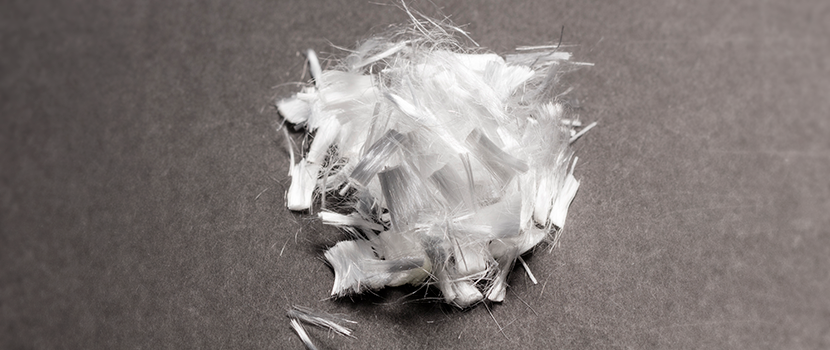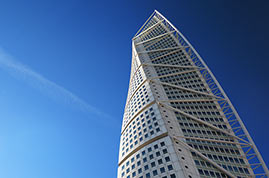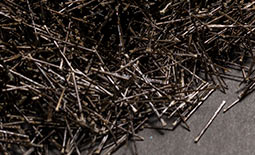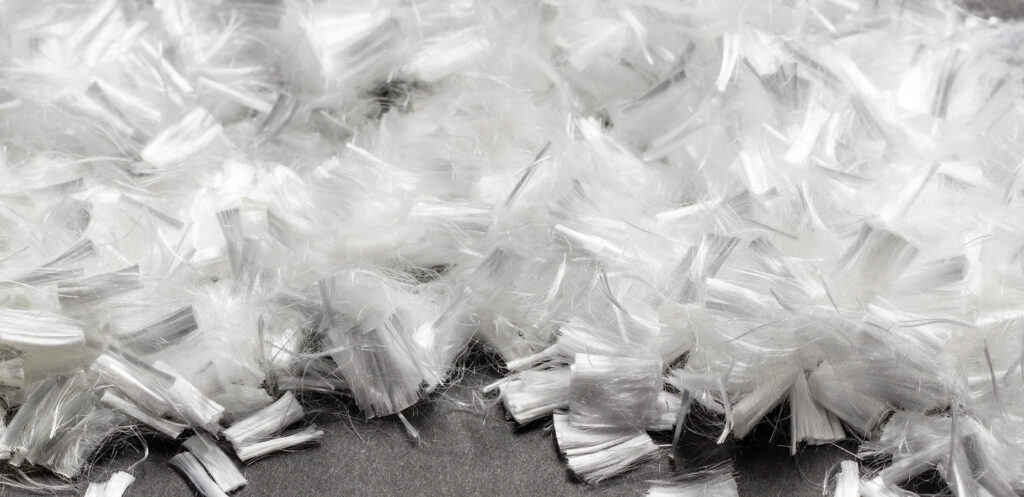
Fibrillated Fibres
Products include:
Wiking® Fibrillated Standard
Wiking® Fibrillated Special
Advantages
Prevention of crack formation
Increased impact resistance
Increased impact resistance
Increased ductility
Improved resistance to explosive fragmentation
Applications
- Concrete elements (windmill pedestals, coastal protection structures, pavements, tunnels etc.)
- Indoor floors
- Outdoor ground decks
- Concrete products
- Shotcrete and gunite
- Mortar and render
Product description
Wiking® Fibrillated Fibres are made of virgin polypropylene, which has been extruded into very fine and slender fibrils. The fibrils offer outstanding mechanical bond strength in concrete due to their irregular and square shape.
Prevention of crack formation
When Wiking® Fibrillated Fibres are added to the concrete mix, the fibres will form a three-dimensional matrix in the mix to prevent the formation of plastic shrinkage and settlement cracks. This ensures a strong and more durable concrete structure.
Low density for increased adhesive strength
Polypropylene fibres have a very low density of 0.91g/cm3. Wiking® Fibrillated Special is modified with the application of an inorganic material to increase the fibre density to 1.01g/cm3. Wiking® Fibrillated Special is therefore ideal for increasing the adhesive strength of concrete.
Resistance to explosive fragmentation
Wiking® Fibriliated Fibres are also suited as fire-retardant material in tunnel construction projects. In case of fire, the fibres will melt and create small capillary cavities in the concrete, which will delay the explosive fragmentation, increasing the amount of time available to rescue people trapped in the tunnel fire.
Resistance to acids and bases
Polypropylene fibres are physically resistant to acids and bases (unlike all other synthetic fibres). Hence, the fibres will prevent the concrete from deteriorating – both in terms of look and durability.
Less than 1% air content
The surface of Wiking® Micro Fibres has received a special coating to increase the dispersing and adhesive abilities of the fibres. The special coating also ensures that the air content of fibre reinforced concrete stays below 1%.
Flexible production to your need
We produce fibrillated fibres in over 50 variations. Finer variations are especially suitable for dry-mix concrete, whereas coarser variations are especially suitable for maximising the bonding strength within the concrete.
Data sheets
Meet our sales team


Construction fibres


Case stories

Construction fibres
